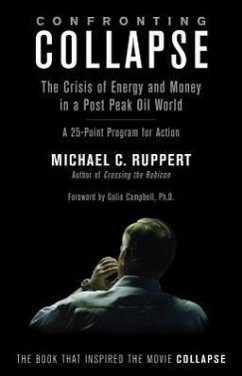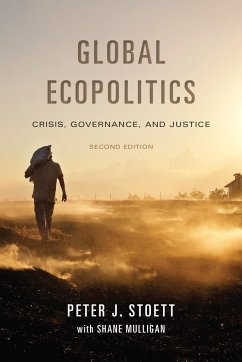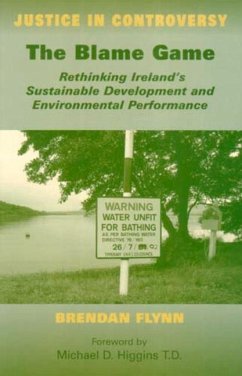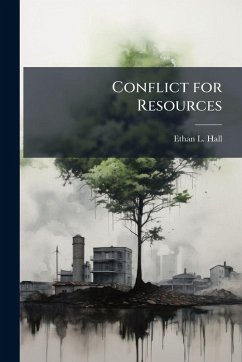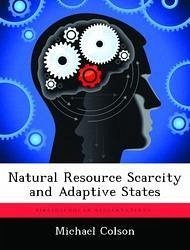
Anti-Fracking Movements
Citizen Networks for Environmental Justice
Versandkostenfrei!
Erscheint vorauss. 10. Dezember 2026
30,99 €
inkl. MwSt.
Weitere Ausgaben:
Drawing on case studies from the UK, Spain, Germany, Colombia and Argentina, this book analyses how the anti-fracking movement has emerged as a powerful citizen platform with an ability to mobilize large numbers, change public sentiment and government opinion, and challenge powerful actors. In response to the fracking boom, anti-fracking groups have emerged throughout the world and are playing a pivotal role in exposing different instances of substantive environmental and ecological injustice. Although the ability of affected residents to draw upon translocal slogans such as "not in my backyar...
Drawing on case studies from the UK, Spain, Germany, Colombia and Argentina, this book analyses how the anti-fracking movement has emerged as a powerful citizen platform with an ability to mobilize large numbers, change public sentiment and government opinion, and challenge powerful actors. In response to the fracking boom, anti-fracking groups have emerged throughout the world and are playing a pivotal role in exposing different instances of substantive environmental and ecological injustice. Although the ability of affected residents to draw upon translocal slogans such as "not in my backyard" (NIMBY) has been powerful and has helped the anti-fracking movement avoid becoming spatially restricted, little is known about the formation of these broad-based coalitions. Combining theoretical insights from green criminology and social movement studies, the authors address three critical questions: What role do shared claims of justice play in motivating citizens to join the anti-fracking movement? What are the strategies, actions and networks of the anti-fracking movement? Finally, how has the anti-fracking movement shifted from the local to the national, and then to global, levels?





